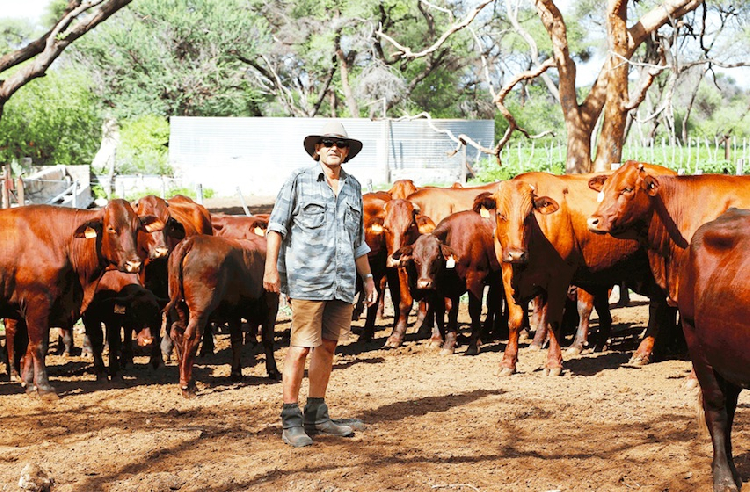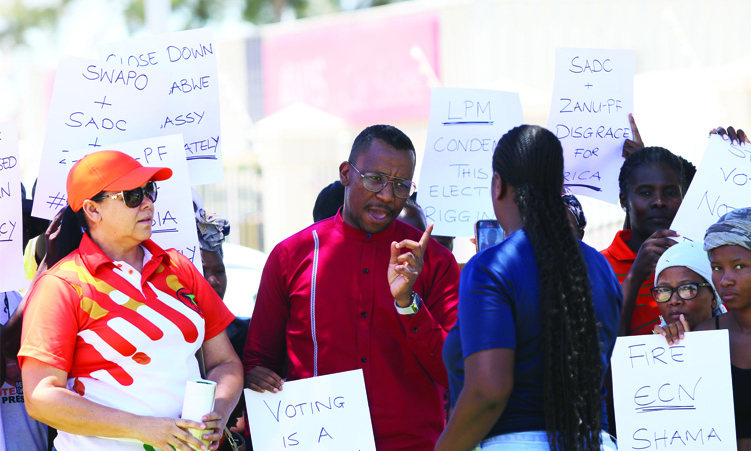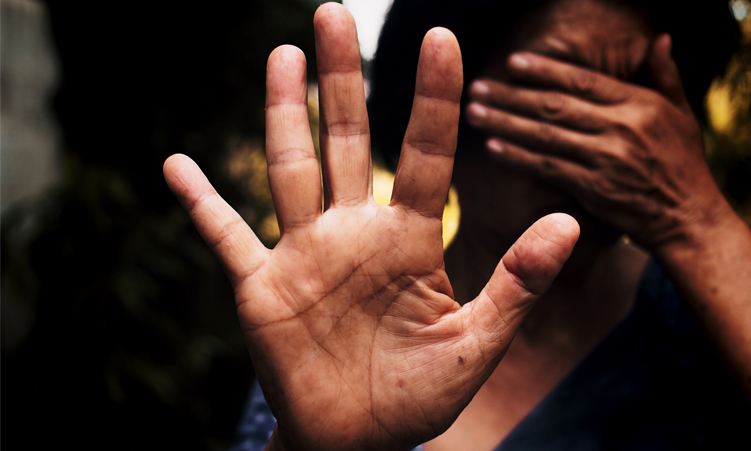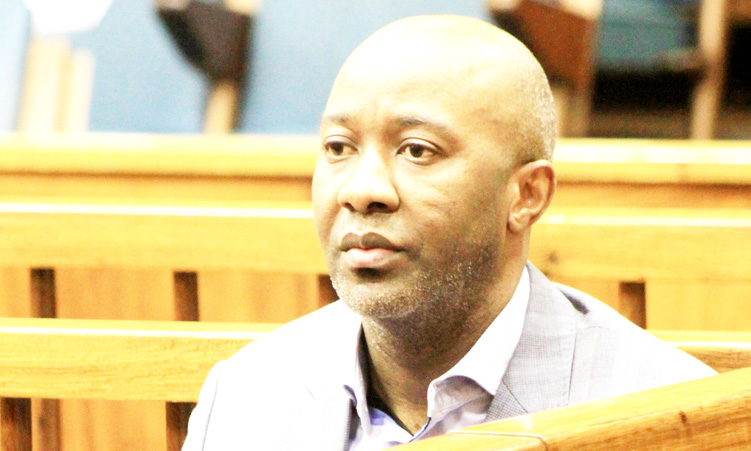“THE people who came here, none of them stole any land. The people who came here bought the land under the laws of the government of the day,” says German-speaking Namibian farmer Harry Schneider-Waterberg.
Schneider’s family bought their 40 000-hectare farm near Okakarara in 1909, a year after the 1904 to 1908 genocide against the Ovaherero and Nama people.
The farmer, who is one of the founding members of the Forum of German-Speaking Namibians, was recently part of a Deutsche Welle debate on the draft genocide agreement, which has been signed by the Namibian and German governments.
The deal involves Germany’s offer of 1,1 billion euros, which translates to about N$19,5 billion to be paid to Namibia over 30 years in the form of grants for projects.
The agreement is the result of a motion submitted in 2006, according to which the affected Namibian groups sought acknowledgement of the genocide and reparations for the atrocities.
Schneider-Waterberg believes his farms and others were bought fairly – much like other communities’ properties over the last 100 years.
“We have established a framework of laws, and within these laws these farms have been bought legally,” he said during the debate.
Land and property were confiscated by German officials in the early 1900s.
Ileni Henguva, youth coordinator for the National Youth Service, countered Schneider, arguing that German settlers did not acquire land fairly.
“Just because you are a soldier you get a reward of a means of production, which is land, and because you have it you are able to let your generation inherit this,” he said.
Despite the Constitution granting Namibians the right to own land, Henguva said poor families in this country will never have a chance to either own or inherit land.
“How do we inherit if the generation does not have the hope of owning land in the current set-up? The law that is there is mainly for the purpose of protecting those who had land,” he said.
Schneider-Waterberg said Namibians have the wrong perception that land belongs to the richest.
“Land is not something that makes you rich. Land is something you can utilise to make money if you know what you’re doing. Very few people actually manage to get rich off land – if at all.
“We all know not only in Namibia, but all over the world farming communities are more marginal in terms of income in comparison with people in the city,” he said.
Schneider said the affected communities have the option to buy land rather than taking it from those who currently own it.
“Productive land, land that can be utilised in such a way that it actually does get you financially stable and gives you a prospect is available on the free market. Financial institutions that finance land are also available,” he said.
He said the environment and the protection of land should have been part of the draft agreement.
Schneider said instruments like national statistics divide Namibians according to the languages they speak.
“This comes a long way, in Namibia and also in South Africa. I mean, even the national statistics board always go and pull out the different language groups and compare the different ones in terms of income and all that. In other countries it is a nation, but in Namibia it is always this language group compared to that one,” he said.
Schneider-Waterberg said German-speaking Namibians belong in Namibia as much as other Namibians.
“I am Namibian, third-generation Namibian, and the farm has belonged to my family for the last 111 years. It is not something that has popped up recently. I have never lived in another country, and I speak four languages,” he said.
Harald Hecht, the chairperson of the Forum of German-Speaking Namibians, yesterday said German settlers bought land on favourable terms.
“And we know this. But reconciliation needs to start for the future to continue to be peaceful,” he said.
The offer, which includes N$8,9 billion for land acquisition and training, is yet to be ratified by Namibia’s National Assembly (NA).
Last year, the NA debated the draft agreement with all opposition parties insisting that the government renegotiate the deal.
Henguva on Tuesday told Desert Radio 95.3 FM that the government’s argument that more money would come after the 1,1 billion euros to settle Germany’s responsibilities is unrealistic.
The money will fund projects in the following sectors: land reform, in particular land acquisition within the framework of the Namibian Constitution and land development, agriculture, rural livelihoods and natural resources, rural infrastructure, energy and water supply, and technical and vocational education and training.
The projects will be implemented in the Erongo, Hardap, //Kharas, Kunene, Khomas, Omaheke and Otjozondjupa regions.
Stay informed with The Namibian – your source for credible journalism. Get in-depth reporting and opinions for
only N$85 a month. Invest in journalism, invest in democracy –
Subscribe Now!






